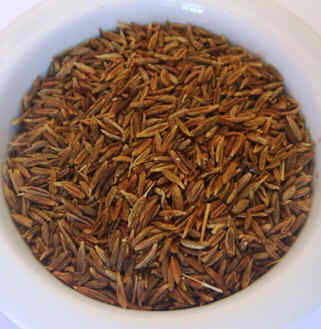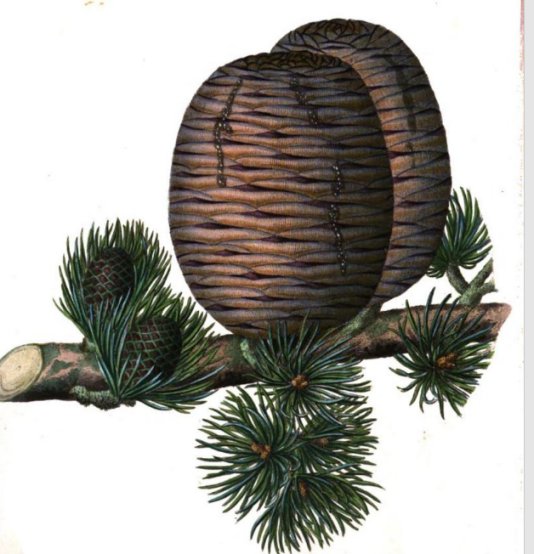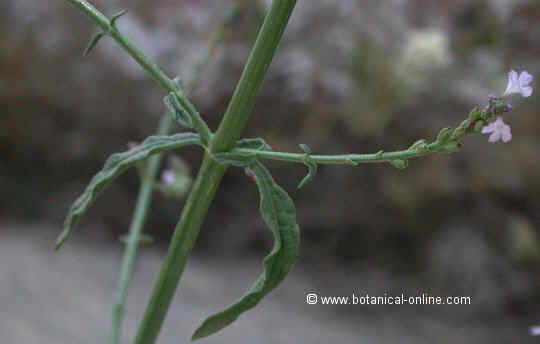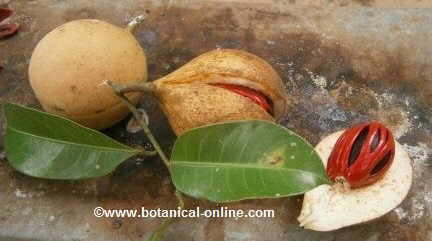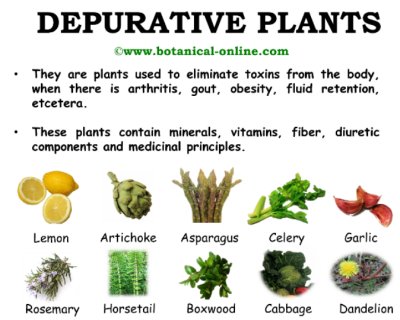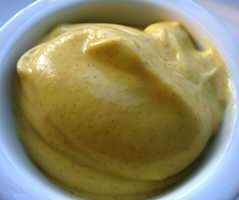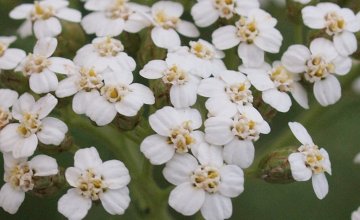What is cumin?
Cumin (Cuminum cyminum) is the fruit of a plant native to Turkestan.
Botanically, the plant is from the family of Umbelliferae, a relative of fennel, coriander and anise.
It can be used as a spice in food, in natural medicine and as an essential oil in aromatherapy.
*See: Cumin composition
Contraindications of cumin
- Allergic people: People who are allergic to other plants of the Umbelliferae family should be cautious with the use of cumin.
- Heavy menstrual cycles: cumin may increase menstrual bleeding and therefore is not recommended in women with heavy menstrual cycles.
- Diabetes Mellitus: Cumin may interact with antidiabetic medication, causing hypoglycemia. If you are diabetic, check your blood sugar when you take cumin.Some medications are: glimepiride (Amaryl), glyburide (Diabeta, Glynase PresTab, Micronase), insulin, pioglitazone (Actos), rosiglitazone (Avandia), chlorpropamide (Diabinese), glipizide (Glucotrol) and tolbutamide (Orinase),etc.
- Sun exposure: Sun should be avoided during treatment duration with cumin supplements.

In the image: cumin grains
Contraindications of cumin essential oil:
- Cumin essential oil can not be used in children under 6 years.
- Cumin essential oil is not suitable for pregnant or lactating women.
- Avoid sunbathing and intense ultraviolet radiation during treatment with essential oil of cumin.
- Undiluted essential oil may cause phytotoxicity due to containing cumic aldehyde (with irritating phototoxic effect).
![]() More information on cumin toxicity and properties
More information on cumin toxicity and properties
This article was endorsed by Montserrat Enrich - Journalist specializing in edible wild plants and plant uses.

